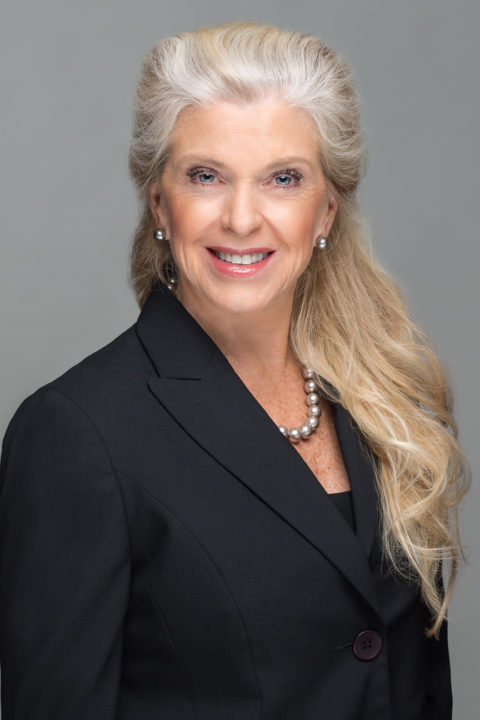

The Hawaii State Legislature passed many laws during its 2021 Legislative Session that are relevant to condominium and community association law and the residents that these laws represent.
PMK Partner Laree McGuire summarizes the most significant:
SB 329 makes it easier for condominium boards to dispose of unclaimed personal property that was abandoned in common areas. If the board knows who left it and their address, they must provide 30 days’ notice through certified mail of its plan to sell, store, donate, or dispose of the property. If the board does not know the owner, they are allowed to do away with it immediately.
Also, because of this law, boards no longer must publish a plan to dispose of or sell the abandoned property. If the board receives any money from the sale, it still needs to hold the money for a known owner for 30 days, but if unknown, the proceeds immediately become association property.
SB 186 HD1 CD1 reflects the legislature’s ongoing intent to prohibit homeowners’ associations from passing restrictive rules that disallow residents from conducting bona fide agricultural uses on agricultural land.
Previously, homeowners’ associations had sought to circumvent this requirement by renewing agricultural restrictions that existed as of July 8, 2003, claiming that the renewed terms were exempt from the law even though those agreements may have expired after 2003.
This law clarifies that “renewed” contracts that restrict agricultural uses are considered new contracts and are therefore voidable, providing owners more opportunities to disregard restrictive covenants, strengthening the state’s intent to keep agricultural land available to promote diversified agricultural and agricultural self-sufficiency.
HB 247 SD 2 mandates that condominium projects in agricultural districts with more than five units must include a statement of the applicant’s assessment and the county’s comments regarding what type of supportive infrastructure is available, the potential impact on government plans and resources, sensitive environmental resources, and any other county requirements. It also mandates that the developer include a public report verifying that the project will not restrict agricultural activities.
SB 1387 requires dog and cat owners to microchip their pets but exempts animals that are part of a “designated management program” such as a cat colony. Although Governor Ige vetoed the bill, the Honolulu and Kauai counties already have microchip requirements, therefore, in those counties, it may be appropriate to add this requirement to house rules and/or as a condition of granting requests for so-called “reasonable accommodation.”
HB 599 HD 1 SD 1 CD 1 allows condominium associations to use electronic meetings, and electronic machines or mail voting during a local or county state of emergency.
SB 474 HD2 CD 1 requires real estate sellers to disclose whether a property lies within the sea level rise exposure area. It was passed to address the threat posed by climate change to the state’s economy, sustainability, security, and its residents’ way of life, and to ensure that potential buyers know that property that lies within a sea-level rise exposure area may be affected over time.
HB 1142 HD2 SD2 CD 1 affirms the legislature’s intent to facilitate a transition to electric vehicles. It also expresses concern that owners of parking lots in public spaces with 100 or more stalls are not always following the state’s mandate to provide one electric charging station, and many that do exist are in disrepair.
While the law acknowledges that association properties are not technically places of “public accommodation,” and it stops short of mandates, it is an effort to ensure all associations are aware of the legislature’s determination to facilitate the transition to electric vehicles.


Max Kopper joined PMK in 2016 and became a partner on Nov. 1, 2019. He represents clients addressing construction, business, real estate, and community association governance disputes on Oahu and the neighbor islands. He previously served as an associate with the Honolulu firm of O’Connor, Playdon & Guben, LLP, focusing on construction and insurance litigation. He earned his J.D. Degree in 2011 from the University of Hawaii William S. Richardson School of Law, where he graduated cum laude.
As a young attorney, Max Kopper focused on insurance law. He soon realized that it wasn’t going to be his life’s work because it didn’t allow him to work directly with clients.
“It’s really about problem-solving and helping people. There are few things people are as passionate about as their own homes, and seemingly small issues – like a malfunctioning elevator – can have a big impact on their lives. At the end of the day, I very much enjoy providing a service to people who feel in need and stuck.”
Since the beginning of the COVID-19 pandemic, Kopper has watched condominium and homeowner association boards evolve to accommodate new challenges, such as how to alert residents of positive cases within a property and how to hold meetings during a pandemic.
In 2020, boards began conducting some meetings via phone or zoom and in 2021, they further adjusted to that new method of business. Along with this shift is the realization that while in-person meetings are still valuable (and required for annual meetings), there are times when virtual meetings are more efficient and less expensive.
In addition, PMK clients are requesting more virtual meetings.
“Because they come at a more reasonable price for clients, we can offer our opinions on issues more readily, so they don’t have to wait until a dispute has become a huge, expensive mess to bring us on,” Kopper said.
Kopper was born in Hilo and is a graduate of Kamehameha Schools. He lives in Kaneohe with his wife and two children, ages six and three. In his free time, he enjoys outdoor pursuits, specifically finding ways to introduce his children to the Oahu of his childhood, such as showing them his favorite “secret” Kaneohe Bay fishing spots.
PMK Partner R. Laree McGuire spoke with host Raelene Tenno on ThinkTech Hawaii’s Condo Insider on Thursday, February 24, 2022. McGuire discussed SB 2876 De Minimis Violations and HB 1784 Building Inspections and how these changes will impact condominiums and planned community associations in the State of Hawaii.
SB 2876 prohibits planned community associations, condominium associations, or their boards of directors from expending association funds to enforce de minimis violations of association rules or regulations that do not pose risks to the health and safety of other members, units, or unit owners and do not decrease their value. HB 1784 will require periodic inspections of certain walls and appurtenances of buildings five or more stories in height. It requires the state building code council to review the periodic inspection reports.


Tax season is upon us, so now is the time to begin thinking about how financial aspects of your life, such as child-related expenses, can impact your taxes.
Here are some general rules of thumb when it comes to taxes and dependent expenses and benefits:
- Government Economic Stimulus Payments – These are not taxable. The government pays the stimulus to the parent who claims the child as a dependent for their taxes. However, both parents may choose to share it, especially if they have joint custody.
- Child Support – Child support is not taxable. The tax is paid when it is initially received by the party who earned the income. The support payment is not taxed and is not reported on tax returns as taxable income.
- Claiming a Child as a Dependent – The parent who has primary custody of the child usually claims them as a dependent on their taxes. There are exceptions, such as if the parents agree to a different arrangement or if a judge orders an alternative situation. In those cases, the IRS usually requires the custodial parent to sign a waiver recognizing that the other parent is claiming the child.
- Tax Deductions for Educational Expenses – There are potential tax credits and/or deductions for some education expenses and for contributing to college savings plans, such as a 529 college savings plan.
Some child-related tax benefits are capped or reduced for higher-income earners. In those cases, a parent may be able to use those benefits as an additional value to allocate in a divorce or custody proceeding to assist with a settlement.
Seth Harris, a senior associate at the PMK family law division, is available to help you work through any issues related to divorce and child custody, as well as all family law needs. For more information, go to https://www.hawaiilegal.com/practice-areas/family-law-2/.
Note: The attorneys of PMK do not provide tax advice. This material has been prepared for informational purposes only, and is not intended to provide, and should not be relied on for, tax advice. You should consult your own tax advisors before engaging in any action.
The Family Court is seeing an increased backlog of unresolved cases, especially because of the complications created by the COVID-19 pandemic. Hearings – even those deemed urgent – are being scheduled months out. Even more so than in the past, the court is encouraging people to seek alternative dispute resolution (ADR) to avoid what can be a months-long wait for a hearing. Alternative dispute resolution can also be less expensive than going through the Family Court.
Parents or spouses can use alternative dispute resolution to navigate divorces, and custody or child support disputes.
Forms of alternative dispute resolution include:
- Mediation – The parties work together with a trained mediator to facilitate conversation and resolution.
- Arbitration – The parties hire a family law attorney or expert who acts as a private judge to resolve the remaining disputes.
- Custody Issues – Third-party evaluators, such as a Family Court-approved, licensed, trained custody evaluator, can determine what arrangement is in the best interest of the child.
Seth Harris, senior associate at the PMK family law division, can help determine if alternative dispute resolution is a good option for you. For more information, go to https://www.hawaiilegal.com/practice-areas/family-law-2/.

